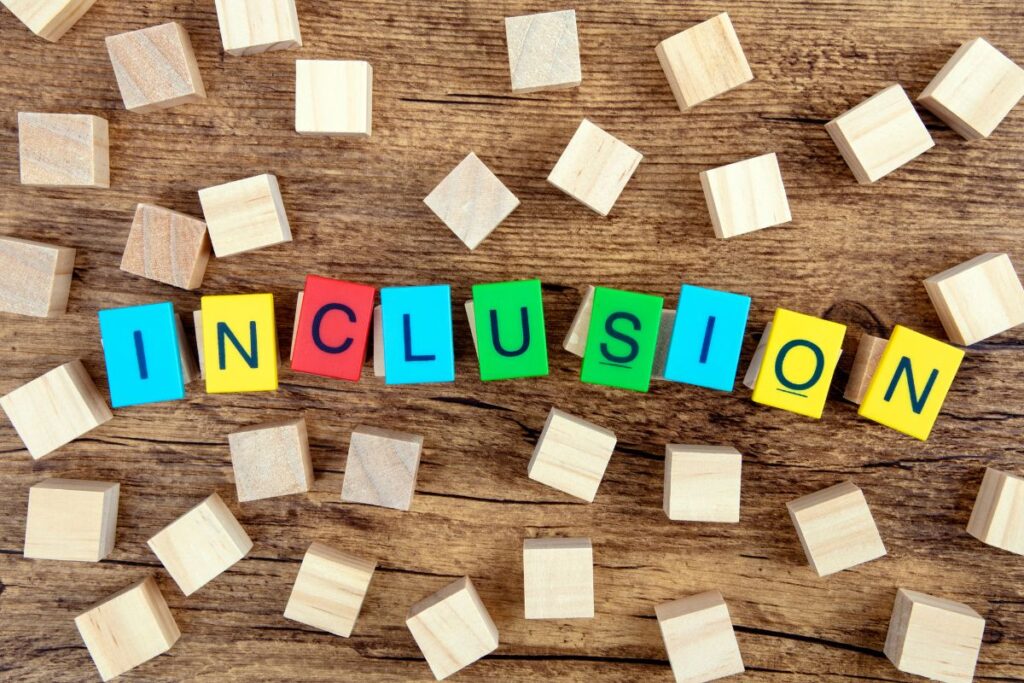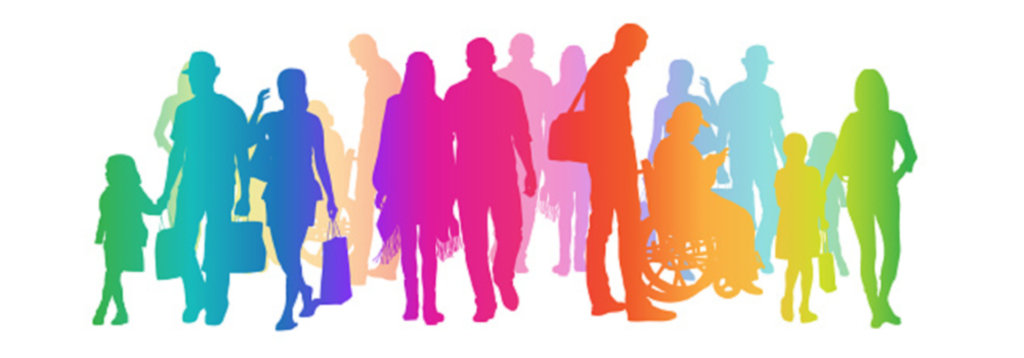Understanding Therapy Exclusion and Prejudice in Minority Communities in Glasgow
Therapy, a vital resource for mental health support, is often regarded as a universal solution to various psychological struggles. However, the reality is that therapy exclusion and prejudice persist within minority communities, even in progressive cities like Glasgow and across Scotland. These communities face unique challenges that can hinder access to and acceptance of therapy.
One prominent barrier is the lack of culturally competent therapists. Many minority individuals find it difficult to connect with therapists who understand their specific cultural background and experiences. Language barriers and limited representation of minority therapists further exacerbate the problem. As a result, individuals from these communities may hesitate to seek therapy due to concerns about being misunderstood or judged.
Another contributing factor to therapy exclusion is the stigma surrounding mental health within certain minority communities. Cultural and religious beliefs often perpetuate the idea that mental health issues are taboo or a sign of weakness. Consequently, individuals may feel discouraged from seeking help or fear being shamed by their community.
Furthermore, the financial aspect of therapy cannot be ignored. Many individuals from minority communities face socio-economic challenges, including limited access to healthcare resources. The cost of therapy sessions can be prohibitive for those already struggling financially. Consequently, this financial burden acts as another barrier, making therapy inaccessible for many individuals within these communities.

To address therapy exclusion and prejudice in minority communities, it is crucial to implement initiatives that focus on cultural competency and inclusivity. This includes increasing diversity within the therapy profession, supporting training programs that provide therapists with a better understanding of various cultures, and offering therapy services at reduced cost to low-income individuals.
Moreover, promoting mental health awareness and education within minority communities is necessary to challenge the social stigma associated with seeking therapy. By encouraging open conversations about mental health, we can help individuals feel more comfortable and empowered to seek the help they need.
In conclusion, therapy exclusion and prejudice persist within minority communities, including in Glasgow and across Scotland and indeed the UK. Overcoming these barriers requires a multi-faceted approach that encompasses cultural competency, financial accessibility, and destigmatisation of mental health issues. By working together, we can create a more inclusive and supportive environment for mental health support within these communities, ensuring that everyone has the opportunity to access the care they deserve.
Importance of Inclusive and Diverse Therapeutic Approaches
In a society that is becoming increasingly diverse, it is crucial that therapeutic approaches also reflect this inclusivity. Therapy exclusion can lead to prejudice and inequality in mental health treatment, ultimately hindering the progress and well-being of individuals seeking help. Embracing diverse therapeutic approaches not only allows for a more comprehensive understanding of different experiences and backgrounds, but also promotes a sense of acceptance, empathy, and validation.
By adopting inclusive therapeutic approaches, therapists can create a safe and non-judgmental space for clients to explore their feelings, challenges, and goals. Each individual comes with a unique set of experiences and identities, and these diverse perspectives should be acknowledged and respected within the therapeutic setting. Applying culturally sensitive techniques and considering factors such as race, ethnicity, gender, sexuality, and disability can help therapists better understand and address the unique issues faced by their clients.

Furthermore, inclusive and diverse therapeutic approaches can foster a stronger therapeutic alliance. When clients feel seen, heard, and understood, they are more likely to trust their therapist and engage in the therapeutic process. This trust forms the foundation for successful therapy outcomes and facilitates positive change. By incorporating different therapeutic modalities that cater to a diverse range of needs, therapists can tailor their approach to the specific requirements and preferences of each client.
In conclusion, therapy exclusion and prejudice can have detrimental effects on mental health treatment. It is imperative that therapists embrace the importance of inclusive and diverse therapeutic approaches to ensure that all individuals seeking help receive the support they need. By recognising and validating the diverse experiences and identities of clients, therapists can create a therapeutic environment that encourages growth, empowerment, and overall well-being. Together, we can work towards a more inclusive and equitable mental health landscape.
Celebrating Diversity in Mental Health Treatment
In recent years, the importance of diversity within mental health treatment has gained significant recognition. The one-size-fits-all approach to therapy exclusion is gradually being dismantled, making way for a more inclusive and individualised approach to mental well-being. Acknowledging and celebrating diversity in mental health treatment is not only essential but also beneficial for individuals seeking support.
Therapy exclusion prejudice refers to the biases and discrimination faced by marginalised individuals when accessing mental health services. It can be based on factors such as race, ethnicity, sexuality, gender identity, or socioeconomic status. Such discrimination hindered many from seeking help, leading to overlooked mental health issues and perpetuating inequalities. However, the mental health field is making considerable strides towards inclusivity.
Recognising that every individual is unique and faces distinct challenges, mental health practitioners are increasingly tailoring their approaches to suit the diverse needs of their clients. This inclusive model of treatment enables therapists to offer culturally competent care, considering the specific experiences, values, and belief systems of diverse populations. It emphasises the importance of understanding the impact of sociocultural factors on mental health and aims to bridge the gap between different communities and mental health services.

Research indicates that embracing diversity in mental health treatment can significantly improve patient outcomes. When individuals are able to access therapy that aligns with their values, identities, and cultural backgrounds, they are more likely to feel comfortable and understood. This fosters a sense of trust between the therapist and client, essential for therapeutic progress. Combating therapy exclusion prejudice also leads to a more equitable distribution of mental health resources and ultimately reduces health disparities within society.
Celebrating diversity in mental health treatment is not only an ethical imperative but also a practical approach. By dismantling the barriers that prevent marginalised communities from accessing quality care, we can cultivate a mental health system that truly serves all individuals. Together, we can create a future where everyone has an equal opportunity to seek the support they need, regardless of their background.